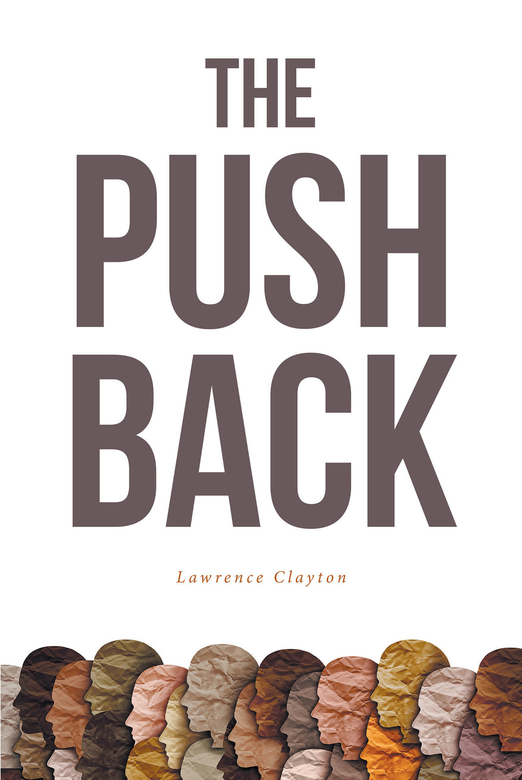
Boldly addressing hot-button issues that have long divided America, The Push Back by Lawrence Clayton offers a clarion call for the rejection of recent shifts in political, social, biological, and ethical thought. A starkly partisan collection of contemporary essays, this grouping of unabashed op-eds tackles everything from critical race theory and liberal media bias to white fragility, affirmative action, and cancel culture.
While claiming the title of academic and historian might suggest an impartiality in the reporting of facts, the author’s biases are immediate, relentless, and fully embraced. Not only does this text attempt to rewrite, whitewash, reframe, or eradicate certain critical elements of American history, it does so with a self-righteousness that borders on disdain for anyone who holds an opposite worldview. For those who believe these times have become too partisan, this book could be held up as an archetype.
The essay entitled, “The Broken Analysis of American Racism and White Fragility” is particularly indicative of the collection, where the author regularly bends quotes to suit his purpose, and restates material from other writers with intentionally skewed interpretations. The extended section about “Alpha Colleges” argues that Americans should honor the “values and ethics which gave this country its distinctive character,” which, in practical terms, means the elimination of any historical faults, and only celebrating successes, regardless of the subjugation such achievements demanded.
Obviously, these ideas have gained traction with the right-wing mainstream at present, and so the book has a singular intended audience who will be very receptive to Clayton’s thesis. However, the book also proposes “new programs of study” for everyone without the requisite neutrality and objective analysis required, undercutting any potential academic value the book wants to achieve. This is especially evident when the author decries the “nightmare of slave rebellions,” and argues in the introduction that every American should view the country “through a Christian prism,” which makes the claim of impartiality in that same introduction particularly fallacious. The author also includes copious footnotes, but the logic feels circuitous: facts are cherry-picked and vagueness is relied upon where whole truths would be damning.
From a purely technical standpoint, the writing is sophisticated in its language and syntactical structure, but there are also basic proofreading mistakes throughout, including improperly used prepositions, missing commas, and slips into informal speech that further undercut the book’s sense of authority. Certainly, sarcasm and facetious jabs are within the realm of op-eds, but when paired with proselytizing and prejudicial statements, the author’s tongue-in-cheek humor veers very close to vitriol and malice.
All this said, the book is mostly directed at a particular demographic, and those readers will learn more about the ideas at hand and find their positions reinforced. While the quality of objective argumentation and rhetorical support is lacking, it is a concise distillation and expansion of right-leaning thought over the last few tumultuous years, which will resonate deeply with readers who are already on this side of the fence.
Book Links
STAR RATING
Design
Content
Editing
Get an Editorial Review | Get Amazon Sales & Reviews | Get Edited | Get Beta Readers | Enter the SPR Book Awards | Other Marketing Services























Leave A Comment